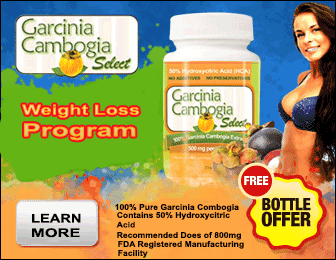We know that pesticides are definitely dangerous to human health. We also know that one of the best things we can do to avoid pesticides is to consume organic food. However, this isn?t always possible due to several restraints: availability, price, etc.
There?s another thing we can do, however, to reduce our pesticide exposure: avoid the fruits and vegetables that are the most contaminated.
When organic is not available, eat fruits and vegetables with consistently low pesticide loads.
It?s been shown that you can lower your pesticide exposure simply by avoiding the top 12 most contaminated types of fruit and vegetables, and eating the least contaminated instead.
Eating the 12 most contaminated fruits and vegetables will expose a person to nearly 20 pesticides per day, on average. Eating the 12 least contaminated will expose a person to a fraction over 2 pesticides per day.
---------------------------------------------------------------
The Black List
---------------------------------------------------------------
So, what are the most contaminated fruits and vegetables? Here?s the black list, according to the most recent data analysed:
---> The top 4 are fruits, in the following order:
#1 (Most Contaminated): Peach
#2: Strawberry
#3: Apple
#4: Nectarine
---> The other highly contaminated fruits in the top 12 are:
#5 Pears
#6 Cherrie
#7 Red raspberries
#8 Imported grapes (Chile, Mexico, etc.)
Some of these fruits, such as peaches and nectarines and raspberries, can contain up to 45 different pesticides! Overall, studies show that those fruits have a high chance of being contaminated with a good number of different pesticide residues.
As for the vegetables, those that are the most likely to expose you to pesticide residues are:
#1 Celery
#2 Spinach
#3 Potatoes
#4 Sweet Bell Pepper
Those vegetables have a high chance of containing pesticide residues, some of them containing several!
---------------------------------------------------------------
The Least Contaminated Produce
---------------------------------------------------------------
---> Now, for the ?good? vegetables, here?s the top, least contaminated, in order of purity:
- Sweet corn
- Avocado
- Cauliflower
- Asparagus
- Onions
- Peas
- Broccoli
---> The least contaminated fruits are:
- Pineapples
- Mangoes
- Bananas
- Kiwi
- Papaya
Very few mangoes and pineapple have pesticide residues on them, and when they do they usually contain only one type. Bananas do often contain pesticide residues, but rarely multiple ones.
---------------------------------------------------------------
Conclusion
---------------------------------------------------------------
To avoid pesticides, the best thing is to consume organic foods. When that is not possible, select the foods that have the least pesticides on them, and avoid those on the ?black list.?
---> Other importance tricks to help reduce our pesticide exposure:
* Peel non-organic fruits, whenever possible*: That means pears, apples, etc. I know many nutritionists say that the peel contains the most vitamins, but it isn?t quite true. The peel of fruits is indigestible, so even though it may contain many vitamins, they are not assimilated as well as the vitamins in the flesh of the fruits.
*Wash your produce with a non-toxic soap*. You can buy a non-toxic soap for washing produce in most health food stores. Use this soap to wash your non- organic peaches, or other fruits if you happen to buy them.
Remember however that eating non-organic fruits and vegetables is still better than drinking organic beer or eating organic pizza!
Young entrepreneur, Frederic Patenaude, is the author of the best-selling e-book ?The Raw Secrets? and is known for his no-gimmick, BS-free approach to health and nutrition. To learn more about ?The Raw Secrets,? and to read his FR*EE how-to articles and newsletter, visit http://www.askfrederic.com











No comments:
Post a Comment